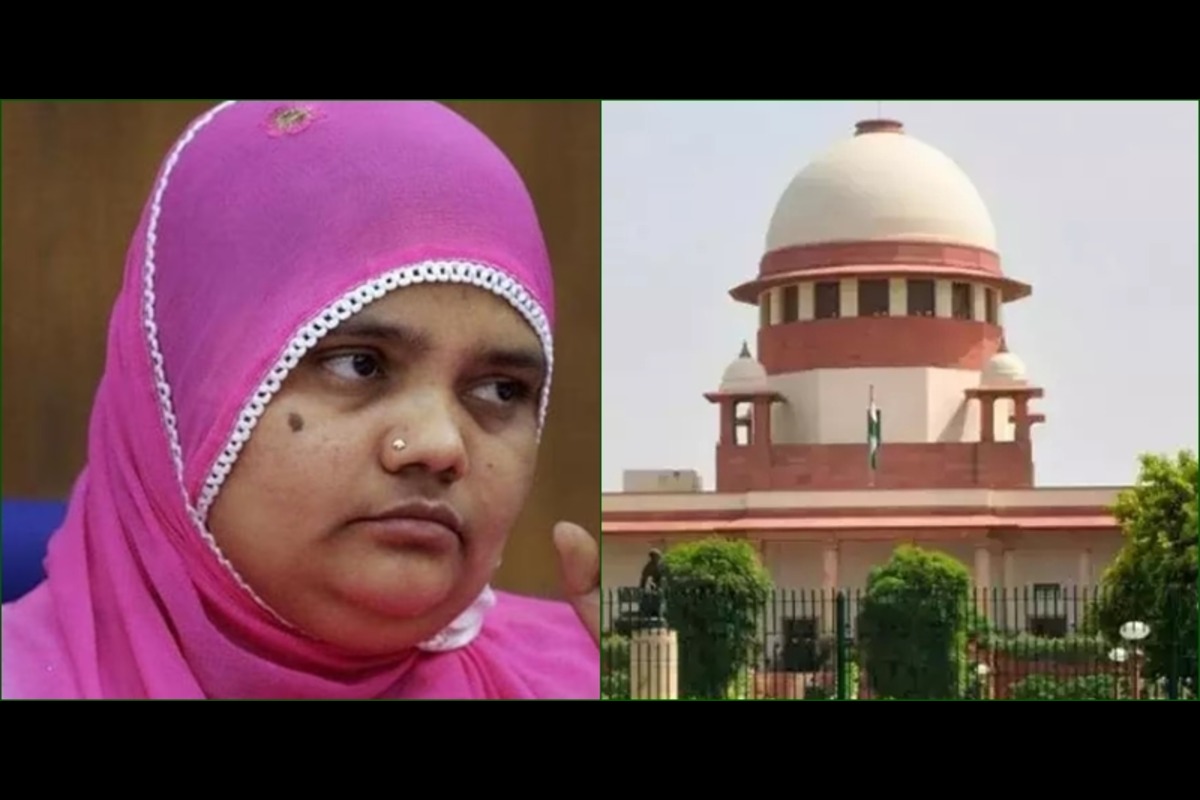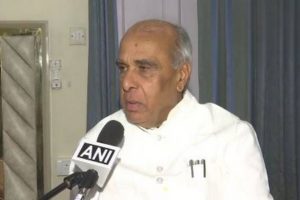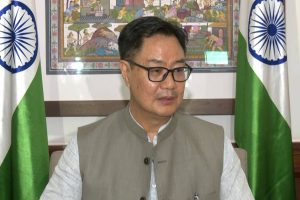The Supreme Court on Monday struck down the Gujarat government’s order granting remission to 11 convicts who had gangraped Bilkis Bano and murdered her family members during the 2002 Godhra riots.
A bench of Justices BV Nagarathna and Ujjal Bhuyan quashed the Gujarat government’s remission order by which convicts were released pre-maturely.
It asked all 11 convicts to surrender before jail authorities within two weeks.
The bench held that the Gujarat government was not competent to pass the remission orders but the Maharashtra government. It said the appropriate government to decide the remission was the state within whose territorial limits the accused are sentenced, not where the crime is committed or the accused are imprisoned.
The top court held that the judgement of May 13, 2022, by which another bench of the apex court had directed the Gujarat government to consider remission of convicts as per the 1992 policy, was obtained by “playing fraud” on the court and by suppressing material facts.
The Gujarat government usurped the powers of the Maharashtra government acting in furtherance of the judgement dated May 13, 2022, which, in our opinion, is a “nullity,” said the bench.
The convicts had not approached the court with clean hands, said the bench, adding that proceedings before this court were due to “suppression of facts,” and that is why it is fraud played on this court.
The apex court questioned why the Gujarat government had not filed any application seeking a review of the May 13, 2022, order, as it was not the appropriate government.
It was a classic case where the order of the Supreme Court has been used for violating the rule of law for passing orders for remission, the top court said.
The exercise of power by the State of Gujarat is an instance of “usurpation and abuse of power,” said the bench while reprimanding the State government for not filing a petition to review the convicts’ release.
“The exercise of power by the State of Gujarat is an instance of usurpation of power and abuse of power. This is a classic case where the order of this court was used to violate the rule of law by granting remission. On that ground also, the remission orders deserve to be quashed,” it said.
The judgement of the top court came on a petition filed by Bilkis Bano and others challenging the pre-mature release of 11 convicts.
Pronouncing the verdict, the bench said, “We hold that writ proceeding before this court was due to suppression of facts and that is why it is fraud played on this court…”
Earlier, the Gujarat government, in its affidavit had defended the remission granted to convicts, saying they had completed a 14-year sentence in prison and their “behaviour was found to be good”.
The State government had said it has considered the cases of all 11 convicts as per the policy of 1992 and remission was granted on August 10, 2022 and the central government government also approved the release of convicts.
It is pertinent to note that the remission was not granted under the circular governing the grant of remission to prisoners as part of the celebration of “Azadi Ka Amrit Mahotsav.”
The pleas filed before the top court had said they have challenged the order of competent authority of the government of Gujarat by way of which 11 persons who were accused in a set of heinous offences committed in Gujarat were allowed to walk free on August 15, 2022, pursuant to remission being extended to them.
The remission in this heinous case would be entirely against public interest and would shock the collective public conscience, as also be entirely against the interests of the victim (whose family has publicly made statements worrying for her safety), pleas stated.
The Gujarat government had released the 11 convicts, who were sentenced to life imprisonment, on August 15, 2022. All 11 life-term convicts in the case were released as per the remission policy prevalent in Gujarat at the time of their conviction in 2008.
In March 2002, during the post-Godhra riots, Bano was allegedly gang-raped and left to die with 14 members of her family, including her three-year-old daughter. She was five months pregnant when rioters attacked her family in Vadodara.





